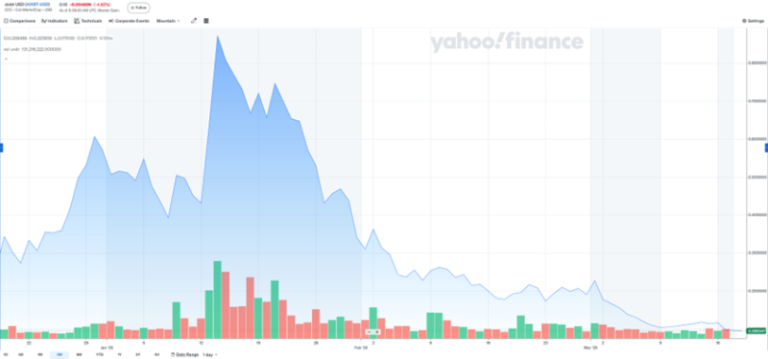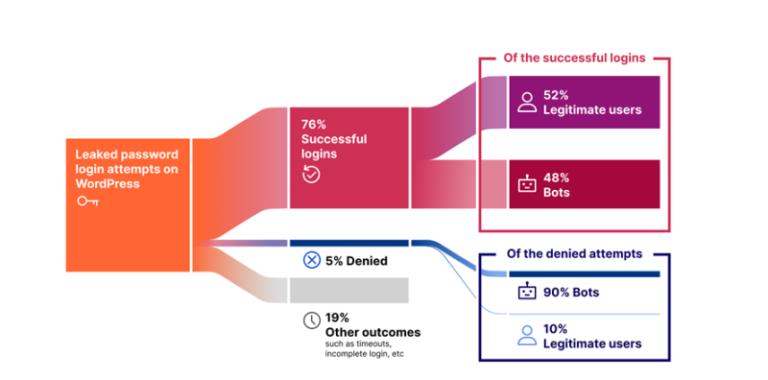
Former NSA and U.S. Cyber Command chief, General Paul Nakasone, has warned that the United States is increasingly lagging behind its adversaries in cyberspace. Speaking at the DistrictCon conference in Washington, he emphasized that threats from hostile nation-states continue to escalate, while the U.S. struggles to keep pace.
According to Nakasone, state-sponsored Chinese hackers routinely infiltrate critical U.S. infrastructure, including telecommunications networks, while cybercriminals relentlessly launch ransomware attacks. He pointed out that America’s inability to secure its networks and leverage cutting-edge software solutions leaves the nation dangerously exposed to digital threats.
The general also cautioned that cyberattacks are entering a new phase—one where digital intrusions can have direct physical consequences. He predicted that in the near future, adversaries may be able to disable entire platforms using nothing but binary code. This shift from virtual disruption to real-world destruction could redefine the nature of cyber warfare.
Furthermore, Nakasone underscored the growing role of artificial intelligence in the evolution of cyber weaponry. He outlined scenarios in which autonomous AI-driven systems could independently select targets, adapt to defensive measures, and bypass security protocols, rendering traditional cybersecurity approaches obsolete.
Previously, the Trump administration and several members of Congress had called for a more aggressive U.S. cyber posture. Nakasone endorsed this stance, noting that since 2018, U.S. Cyber Command has actively conducted operations against foreign hackers and pursued “hunt forward” missions abroad to bolster the cybersecurity of allied nations. However, he argued that the U.S. must escalate its efforts to keep adversaries in a constant state of deterrence.
The general also highlighted the critical need to attract top-tier cybersecurity talent to government service. He expressed concern that many experts left their positions during the Trump administration, eroding institutional expertise and trust in public-sector cybersecurity roles. Rebuilding this workforce, he asserted, is essential for national security.
Another pressing issue was the accelerated reform of U.S. Cyber Command, spearheaded by Defense Secretary Pete Hegseth. Originally slated to unfold over 180 days, the restructuring must now be completed within just 45 days. While Nakasone acknowledged that such rapid reforms are feasible, he refrained from commenting on their potential impact on operational effectiveness.
During an open Q&A session, the general sidestepped criticism of personnel changes enacted under the Trump administration, stating that a president has the right to choose his military advisors. However, he expressed deep respect for General Charles Brown, whom Trump removed as Chairman of the Joint Chiefs of Staff.
In conclusion, Nakasone issued a stark warning: unless the U.S. takes decisive action, it risks falling into a losing position in cyberspace. He stressed that increasing investment in offensive cyber operations, recruiting elite specialists, and modernizing defensive strategies will be critical pillars of America’s national security posture moving forward.


